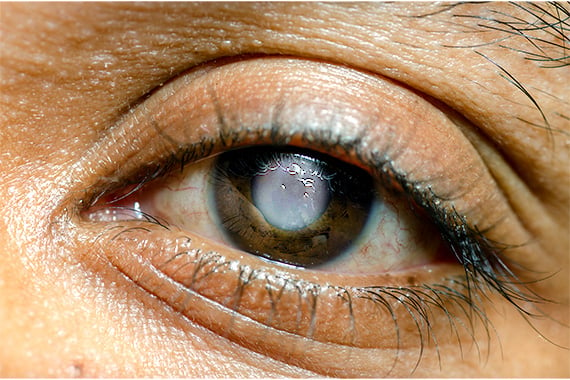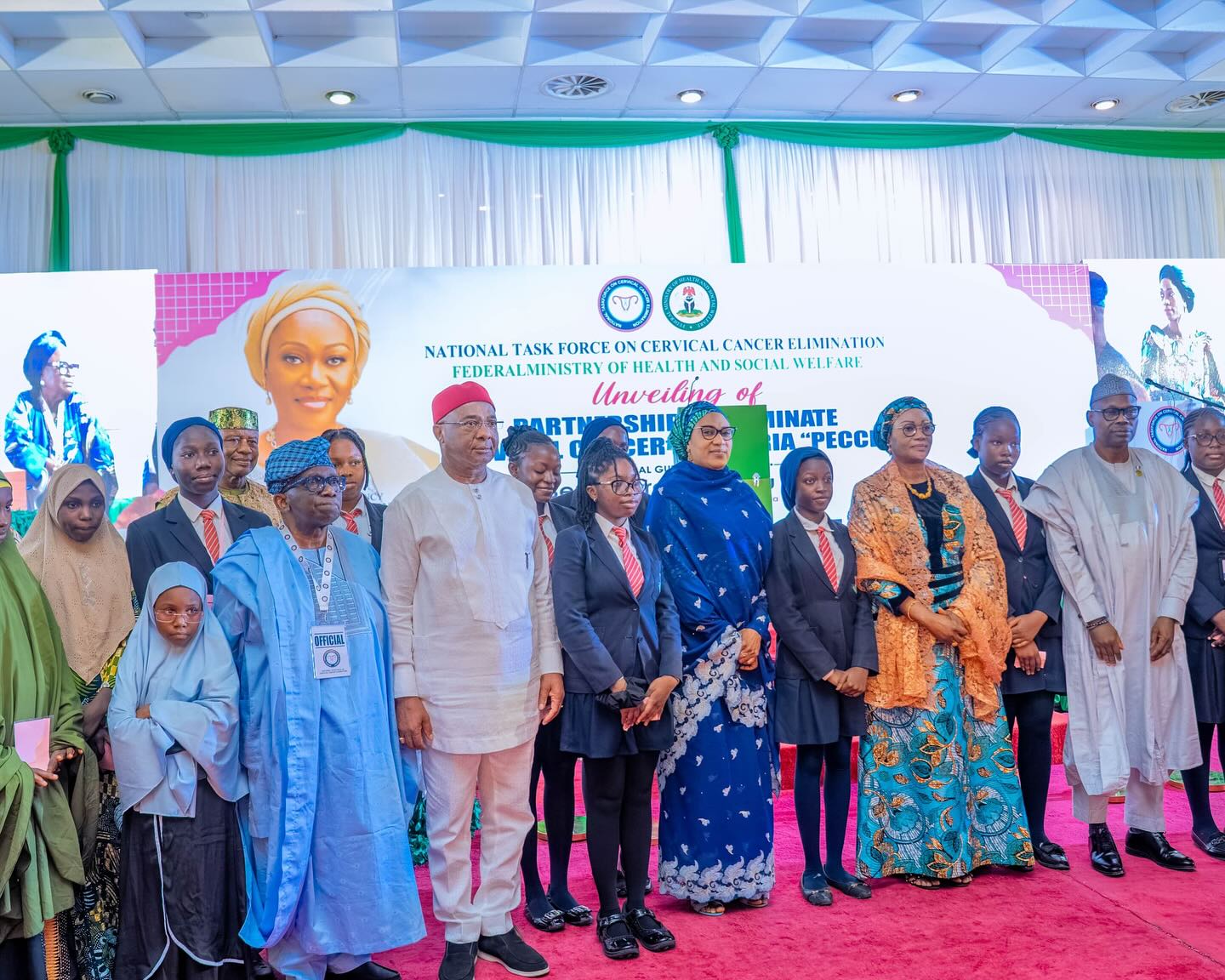Trump Threatens Tariffs on Apple and Mattel

President Donald Trump has adopted a strategy of using his affinity for tariffs to exert pressure on prominent American corporations. Notably, within the past month, Trump has signaled intentions to impose tariffs on Apple and Mattel, targeting their flagship products in response to comments made by their respective CEOs. This tactic of threatening company-specific tariffs, however, is anticipated to encounter significant legal obstacles. A recent decision by the US Court of International Trade cast doubt on the president’s authority to unilaterally enact tariffs without congressional approval, although this decision was subsequently stayed by a Court of Appeals. Nevertheless, legal experts like Lizbeth Levinson from Fox Rothschild contend that Trump lacks the constitutional authority to single out specific companies for tariffs, as such measures must apply broadly to an entire class of products. Levinson characterized Trump's approach as one of taking action first and addressing the legal realities later.
The situation with Apple illustrates this dynamic. Initially, Trump lauded Apple CEO Tim Cook when the company announced substantial US investment plans. However, Trump's stance shifted dramatically when Cook revealed intentions to move the production of US-bound iPhones from China to India. This announcement clearly irked Trump, who has consistently asserted, albeit with limited evidence, that his tariffs would compel companies to relocate manufacturing to American plants. In response, Trump declared on Truth Social, "I have long ago informed Tim Cook of Apple that I expect their iPhone’s that will be sold in the United States of America will be manufactured and built in the United States, not India, or anyplace else. If that is not the case, a Tariff of at least 25% must be paid by Apple to the U.S." He later clarified this threat, stating that the tariffs would apply to all imported smartphones, including those from competitors like Samsung, to ensure fairness. Currently, smartphones are largely exempt from Trump's tariffs on Chinese imports.
To implement such tariffs on smartphones, Trump's administration could potentially utilize a Section 232 investigation. This provision of trade law permits the president to impose duties on imports deemed a threat to national security, a justification previously used for tariffs on autos, auto parts, steel, and aluminum. The administration has already indicated an ongoing Section 232 investigation into products containing computer chips. However, trade experts, including Clark Packard from the Cato Institute, believe the primary objective of these threats is not the actual imposition of a 25% tariff on smartphones, which would inevitably raise costs for both companies and consumers. Instead, the aim is to pressure companies into offering concessions, such as commitments to future US investments or agreements not to publicly attribute price increases to tariffs. Packard highlighted the potential for public outrage if iPhone prices were to rise significantly, impacting everyday American voters. Apple did not provide a comment on this matter to CNN.
A similar scenario unfolded with Mattel. Earlier this month, Trump threatened the toy manufacturer with a 100% tariff on all its toy imports. This threat followed remarks by Mattel CEO Ynon Kreiz, who stated that the company might need to raise toy prices due to existing tariffs and that shifting toy production to the United States would be more costly than absorbing the tariff expenses. Trump retorted, "We’ll put a 100% tariff on his toys, and he won’t sell one toy in the United States, and that’s their biggest market," adding critical remarks about Kreiz's leadership. Unlike the smartphone tariff threat, Trump has not clarified whether this 100% tariff would target only Mattel or encompass all toy imports. Since making the initial statement, Trump has not pursued the Mattel threat further. Neither the White House nor Mattel responded to requests for comment.
Imposing Section 232 tariffs on Mattel's products would be particularly challenging, as trade experts note the difficulty in arguing that items like Barbie dolls constitute a national security threat. Packard commented that while claims of national security by the executive branch often receive judicial deference, applying this to smartphones is more plausible than to Mattel's toys. According to Lizbeth Levinson, the ultimate goal of these high-profile tariff threats, whether against specific companies or entire countries, is not necessarily their enforcement. Rather, Trump aims to make these entities "blink," compelling them to agree to terms he can portray as a victory, such as announcing plans for even partial domestic sourcing. This strategy, Levinson noted, has caused considerable alarm among businesses, though she believes many such sweeping tariff announcements were never intended to be fully implemented.









